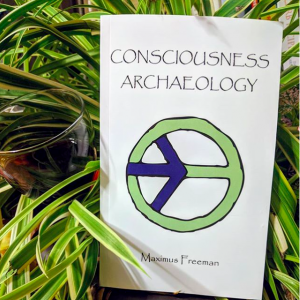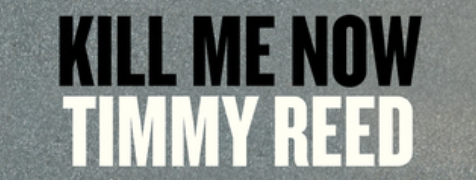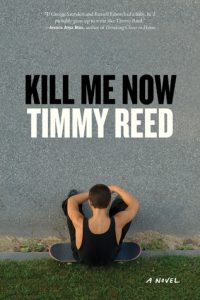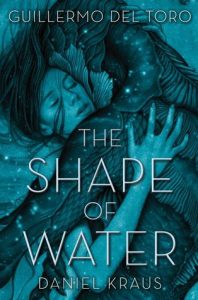 I won a copy of Consciousness Archaeology
I won a copy of Consciousness Archaeology, by Maximus Freeman, through Goodreads.
Description from Goodreads:
Consciousness Archaeology vividly chronicles Freeman’s relentless, twenty-year exploration of the ebbs and flows of life from the dark night of the Soul to the radiant light of Presence. His use of intimate, personal stories provides a raw, unfiltered view of human nature in its most vulnerable state. Freeman shares his unique perspective on many ancient truths and introduces several insightful theories of his own while injecting just a hint of humor. Most importantly though, he provides simple, practical exercises which allow the reader to experience profound, life-long benefits. Are you ready to dig deep?
Review:
Sooooooo……..NO.
Self-help books are a difficult group to review, as what works for one person might not for another and visa-versa. This book is no different in that regard. But I’m willing to nix it for a few important (to me) reasons.
First, how exactly can a man write a book that is supposed to be about acceptance and letting go of the self, but includes so very many references to Me, Myself and I? This is not actually about about how you or I can excavate our consciousness. It is instead a memoir of how Maximus Freeman explored and discovered his. Not the same thing!
He speaks about how in the past he was a self-centered, control-freak. But all we have is his own word that this has changed. And frankly, finding a man (a white man, at that) willing to tell you all about how he has the answers you don’t isn’t rare or eye opening. Nor does it convince me that he’s suddenly the easy going, modest guy he espouses.
Second, he identifies the root of all insecurities by page 4 (which is really page two, as the first is a title page and the second a centered quote). Then he finds the reason we all ‘act the way we act’ and how to move away from it by page six, before jumping into his spiel. Excuse me, but those are huge topics that deserve a lot more attention than 4 pages. What’s more, as a reader I expect more than just being told. I want some supporting information.
Third, he includes references to the spirit, light and dark, karma, etc. But all of these are separated from their original context. I’ve said this in the past, in similar author centered self-help books, but you can’t just appropriate ideas piecemeal and then present them as original, with no understanding or reference to their culture of origin.
Lastly, There is almost no new information or recommendations here. Freeman is basically just taking other authors’ practices and recommending them (because they work for him). There is no expiration of why they work or even, importantly, how to make them work. My advice? Look at the bibliography, go find the source material and read it. You don’t need to get it filtered through some man who thinks the pinnacle of vulnerability is admitting he was bullied in middle-school for being short.
I have no doubt Freeman believes himself evolved and intends this book to truly help people. But to me, it reads like one man’s ego trip. Even watch a JP Sears video? Yeah, this is they type he’s making fun of.


 I won a copy of
I won a copy of  I borrowed a copy of
I borrowed a copy of